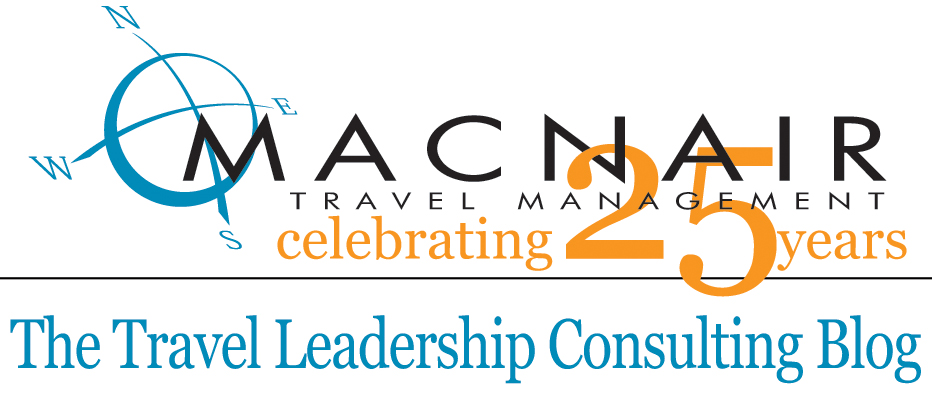At times the challenge with introducing a new travel procurement program is that your staff can think that you have just hired a travel agency to help them with travel. First of all, many don’t think they need help booking their trip. Secondly, they have no idea what a Travel Management Company does versus a travel agency.
So let’s start with not needing help making their travel
arrangements. Quality TMCs have both online and call in systems to make easy
and complex reservations however the traveler sees fit 24/7 in a managed
environment. They also have teams to construct complex muti-leg international
itineraries or even change/support reservations when schedules change or
weather disrupts the industry. So at one point every traveler is going to need
some help to get out of a jam and/or save time. When we say a managed
environment we mean that the resulting reservation will make the traveler and
the company who is purchasing the trip as happy as possible based on some
defined policies, procedures and systemic expectations.
When you Google Corporate Travel Management (CMT) you come up
with the following Wikipedia definition: CTM is the function of managing a
company’s strategic approach to travel (travel policy), the negotiations with
all vendors, day-today operation of the corporate travel program,
traveler safety &
security, credit-card management and T&E data management. CTM should not be
confused with the work of a traditional Travel Agency. While agencies provide
the day-to-day travel services to corporate clients, they are the implementing
arm of what the corporation has negotiated and put forth in policy.*
In other words, CTM decides on the class of service that
employees are allowed to fly, negotiates corporate fares/rates with airlines
and hotels as well as sets forth the use of the corporate credit card. The
agency on the other hand makes the actual reservation within the parameters
given by the corporation and develops, supports, and or enforces the desires of
both the company and its travelers. For most companies “travel & expenses”
(T&E) costs represent the second highest controllable annual expense,
exceeded only by salary & benefits, and is commonly higher than IT and/or
real estate costs. T&E costs are not only limited to travel (airline, rail, hotel, car rental,
ferry/boat, etc.) but include all costs incurred during travel such as staff
& client meals, taxi fares, gratuities, client gifts, supplies (office
supplies and/or services), etc. Furthermore, this area often includes meeting
management, traveler safety & security as well as credit card and
overall travel data management. The management of these costs are usually
handled by the Corporate Travel Manager, a function that can be part of the Finance, HR, Procurement or
Administrative Services Department. As this function touches on all of these
areas in some form and represents such a major corporate expense, it stands to
reason that this function should have equal ranking within a corporation as any
other major division and not be seen as a sub-set of existing departments
So if you fully leverage these travel management opportunities,
communicate what you will be having your TMC do from a B2B standpoint, clarify
the difference between the B2B relationship you have established versus a
retail travel agency relationship, track the results, and share progress and
expectations with you team, you can expect more compliance with the big
picture value you should expect.



